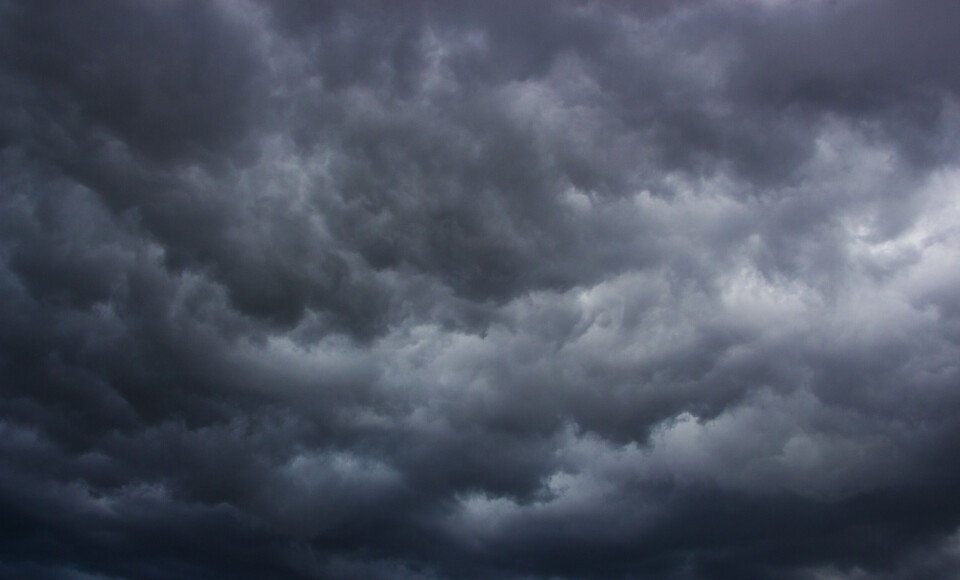-
French weekly weather forecast January 19 - 23: colder and lots of rain
Flash flood alerts are in place on Monday January 19 in Corsica, Aude and Pyrénées-Orientales
-
French woman given one-year sentence for hiring men to evict squatter
Homeowner from south-west found guilty by Bordeaux criminal court
-
Drinking tap water restricted for children in south-west France communes
Haute Garonne prefecture says the measure is precautionary and due to high chlorate levels
Are extreme weather alerts becoming more common in France?
Climate change is said to be creating the ideal conditions for sudden episodes of heavy rainfall, as have hit southern regions recently - but new categories of alerts have also been added

Six French departments are currently on red and orange storm and flooding alerts, following a weekend of heavy rain and just two weeks after parts of Gard (Occitanie) saw two months’ of rain fall in three hours.
Between 2002 and 2020, the number of orange and red weather alerts recorded by the French weather service Météo France grew from 62 to 131.
“We also noticed a sharp increase in 2018,” Météo France’s director of forecasting operations François Lalaurette told Franceinfo.
This growth in the regularity of weather warnings can partly be put down to the addition of new alert categories over the years.
For example, notices relating to extreme heat and cold, as well as flooding, powerful waves and high river levels were gradually added to the original wind, rain, storm, snow and avalanche warnings, expanding the conditions under which an alert could be triggered.
“Since [2018], the number of episodes has decreased. But as the years have gone by, the alerts have become very different: some only last for a few hours, like the most recent event in Gard.”
So, although these extreme episodes may not necessarily have become more common in recent years, they are perhaps more dangerous.
“Climate change is bringing with it more intense [weather] events: storms are not necessarily happening more frequently, but they are more violent,” Mr Lalaurette added.
When Gard was hit by flooding in September, Météo France explained that: “When the climate is artificially heated by man, there is a higher concentration of water vapour in the atmosphere,” causing heavy rains which sometimes have “catastrophic consequences.”
In France, average temperatures have risen by 1.7°C since 1900 according to Météo France, more than the average global increase of 1.2°C.
The number of days where temperatures exceed 25°C is growing, while the number of days where temperatures dip below freezing is shrinking.
Episodes of extreme rainfall are also becoming more frequent in mediterranean areas.
Related articles
Paris facing extreme floods and longer heatwaves, says mairie study
One Ocean: France to host international ocean protection summit
























